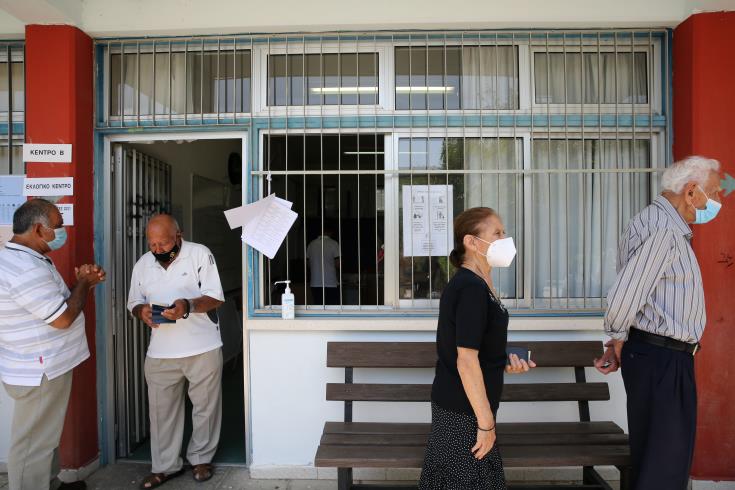Political institutions, including the government and parliament, fail to instil trust among Cypriots as parties gear up for the Presidential Elections in February 2023.
According to a recent survey, two institutions that determine the life of Cypriots did not pass the confidence test.
The Parliament (Legislative power) was given an overall 2.27 out of five, and the state (Executive power) was handed a 2.26 score.
The survey was carried out by the Cyprus Association of Opinion Poll & Market Research Enterprises last month, during which 800 people were asked to grade the island’s institutions and to share their thoughts on the upcoming elections.
The 800 participants were asked to rate the various institutions and record their satisfaction by handing them a mark from 1 to 5, with 1 indicating full trust in the institution and five the lowest.
The General Healthcare System is the institution Cypriots trust the most as it scored 3.34, followed by the Auditor General office with 3.25.
And the state education system is third with 2.58, followed by the Attorney General’s Office with 2.51.
Presenting the latest survey, the head of the association of pollsters, Eleni Marangou, said that Cypriots’ trust in institutions has steadily declined in recent years.
She noted that institutions which have fallen from grace the most are the legislative body, the government, the army, and the Church.
Politicians were ranked last, scoring just 1.77 on the trustworthy scale of professions.
Artists are the most trusted with 3.73, followed by doctors with 3.47, Polling Companies with 3.26, teachers with 3.17, army officers (3.10), accountants (3.02), police (2.76), businesspeople (2.72), lawyers (2.46) and trade unions (2.42).
When asked if they believed that their lives would be affected by who will be elected as the next president, 51% said yes, 37% no, 10% ‘it depends’ and 2% did not give a definite answer.
Participants were also asked why they thought people abstained from voting, with 55% pointing to the lack of trust in politicians.
Another 38% said that nothing would change regardless of who will be elected, and 29% pointed to a sentiment of indifference amongst voters.
Asked whether they would vote for a woman president, 60% said they would, 38% said no, while 2% refused to answer.
The percentage of positive responses was higher among men than women (63% and 57%, respectively).
Positive responses were more common among older ages, as 64% and 73% of people 45-64 and over 65 said yes.
Just 47% and 53% of people 18-24 and 25-44 said they would vote for a woman.










